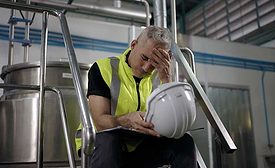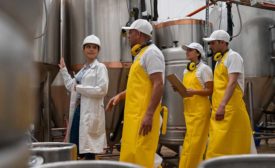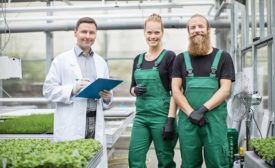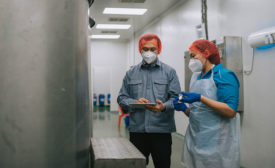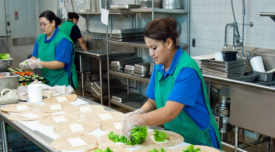Culture
Psychosocial risks become important to food safety when they have the potential for causing psychological or physical harm, and when they lead to deficiencies in expected food safety behaviors
Read More
Food Safety Culture and the Local Food Movement
To what extent do established food safety culture cornerstones apply to the local foods segment of the food industry?
February 13, 2024
Strategies for Managing Temporary Workforce in Food Manufacturing
Temporary employees can be a cost-effective staffing resource for a food manufacturing facility; however, they can also bring some challenges
February 13, 2024
Collective Responsibility for Food Safety and Quality in Food Manufacturing
Food safety and quality are not just the responsibility of one team; they are the shared responsibility of every individual within the organization
February 13, 2024
Developing Food Safety Leadership Skills: Building the Workforce of Tomorrow
What does it take to be a great food safety leader?
February 13, 2024
BIZTRACKS
Spring Coaching Program for Technical Food Safety Professionals
January 16, 2024
Never miss the latest news and trends driving the food safety industry
eNewsletter | Website | eMagazine
JOIN TODAY!Copyright ©2025. All Rights Reserved BNP Media.
Design, CMS, Hosting & Web Development :: ePublishing
